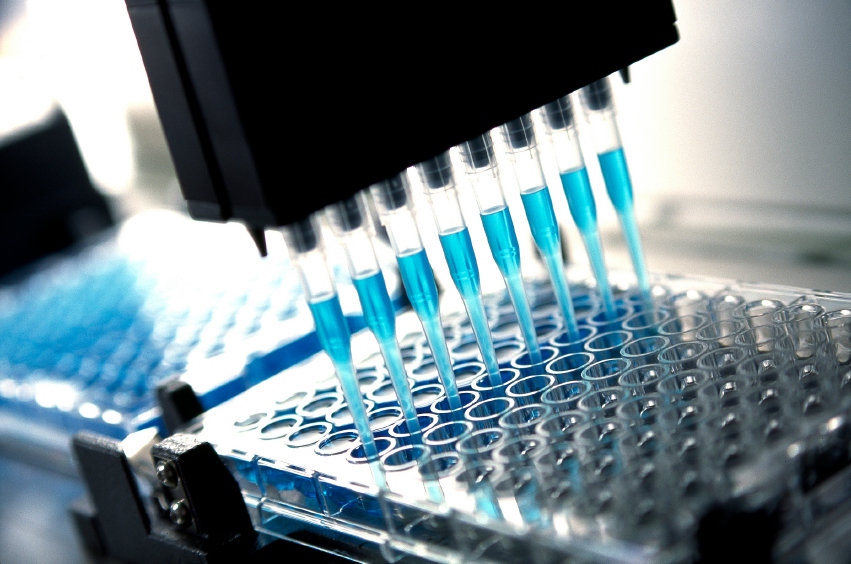CD Laboratory for Mucosal Immunology
Head of research unit
Commercial Partner
Duration
Thematic Cluster

The incidence of chronic inflammatory bowel diseases is increasing worldwide. This CD Laboratory investigates fundamental mechanisms at the interface between the microbiota and the body's interior. The findings should pave the way for innovative therapy concepts.
The increasing incidence of chronic inflammatory bowel disease (IBD) worldwide is based on a genetic predisposition, but above all on little researched environmental factors. For this reason, research into the mechanisms of inflammatory biology at the mucosal barrier in the intestine and its influence on exogenous and microbial factors is essential.
To date, at least 200 genes have been identified that increase the hereditary risk of developing IBD (so-called susceptibility genes). Only recently, "IFIH1" (interferon induced with helicase C domain 1) was identified as a new risk gene for the two main forms of IBD, Crohn's disease and ulcerative colitis. IFIH1 is an intracellular 'pattern recognition receptor' (PRR). PRRs are proteins of innate immunity that recognise components of pathogens such as bacteria and viruses on the basis of characteristic patterns and initiate an immune response via complex signalling cascades. The CD Laboratory has now set itself the goal of elucidating the biological role of IFIH1 in mucosal inflammatory processes. The research project is divided into three areas, using in vitro models on cell lines and organoid cultures and in vivo mouse models. Firstly, IFIH1-deficient mice with and without intestinal inflammation will be characterised, then molecular signalling pathways as a link between IFIH1 deficiency and intestinal pathology will be deciphered and finally the influence of IFIH1 deficiency on the bacterial and viral composition of the intestinal microbiota and its influence on the development of disease will be investigated.
The work of this CD Laboratory is intended to expand our understanding of the pathophysiology of chronic inflammatory bowel diseases. The data obtained here regarding new molecular mechanisms should pave the way for the development of new and more specific therapies for affected patients.
Christian Doppler Forschungsgesellschaft
Boltzmanngasse 20/1/3 | 1090 Wien | Tel: +43 1 5042205 | Fax: +43 1 5042205-20 | office@cdg.ac.at
